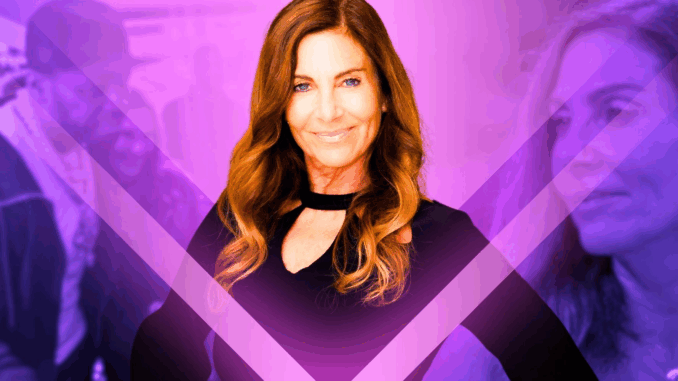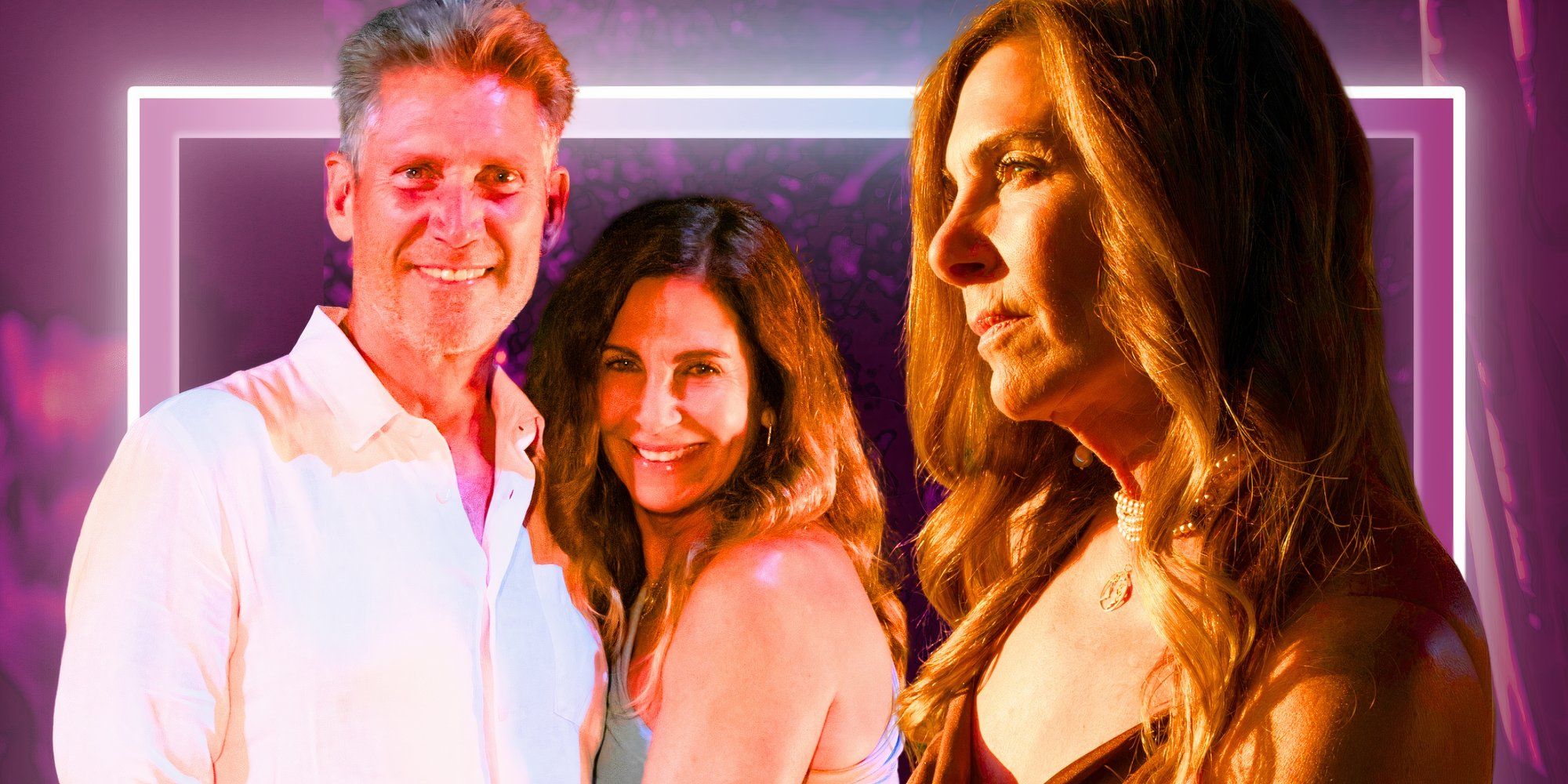
A New Chapter in Reality Television
When The Golden Bachelor first aired, many viewers expected a charming spin-off of the long-standing Bachelor franchise. What they didn’t expect was a deeply emotional, refreshingly honest portrayal of romance — not among twenty-somethings, but among those with silver hair and decades of life experience. Gerry Turner, a 72-year-old widower from Indiana, became the face of this cultural shift. And from the very first rose ceremony, it was clear: this wasn’t about youthful infatuation — it was about connection, vulnerability, and rediscovery.
Why Age Matters — And Why It Doesn’t
Beyond the Number: Emotional Maturity as a Superpower
In traditional dating shows, emotional immaturity often fuels drama. But The Golden Bachelor flips that script. The women vying for Gerry’s heart — all over 60 — bring not only poise and confidence but also profound stories of love, loss, and resilience. This shared emotional depth creates a dynamic rarely seen on reality TV: one rooted in empathy and mutual respect rather than competition.
Unlike younger contestants, these individuals aren’t searching for fame or fantasy. They’re seeking genuine companionship — someone to share morning coffee with, to hold hands on a walk, or to navigate the challenges of aging beside. That subtle shift transforms the typical Bachelor formula into something both groundbreaking and quietly revolutionary.
Dating After Loss: The Courage to Begin Again
Gerry’s love story with his late wife Toni is a central thread of the season. He doesn’t hide his grief; he honors it. But his decision to participate in the show speaks volumes: love isn’t a one-time opportunity. Many contestants on the show have lost partners or experienced divorce, and their bravery in re-opening their hearts becomes a compelling and emotional anchor for viewers. Their stories resonate with millions of older Americans who often feel invisible in media narratives.
Breaking Stereotypes, Building Bridges

A Spotlight on Older Women
Historically, aging women have been sidelined in mainstream entertainment. The Golden Bachelor challenges that. Contestants like Faith, Leslie, and Theresa aren’t just “older ladies” — they’re musicians, teachers, grandmothers, adventurers. The show grants them the screen time, the glam, and the emotional arcs typically reserved for much younger casts. Audiences see women in their sixties and seventies flirt, cry, dance, and — yes — fall in love. It’s not played for laughs or shock value. It’s sincere.
A Wider Cultural Impact
More than just a twist on dating TV, The Golden Bachelor sparked real conversations. Can love truly happen at any age? What does intimacy look like after retirement? Can society expand its definition of beauty and desirability? On social media and talk shows, fans of all ages applauded the show’s heart and dignity. Even younger viewers admitted: it made them rethink what aging — and aging in love — could look like.
Conclusion: A Rose for All Seasons
The Golden Bachelor isn’t just a reality show. It’s a celebration of second chances. It reminds us that love doesn’t expire at 30, 40, or even 70. If anything, it deepens — layered with memory, perspective, and purpose. Gerry Turner and his fellow hopefuls didn’t just make great television. They started a quiet revolution — one rose at a time.